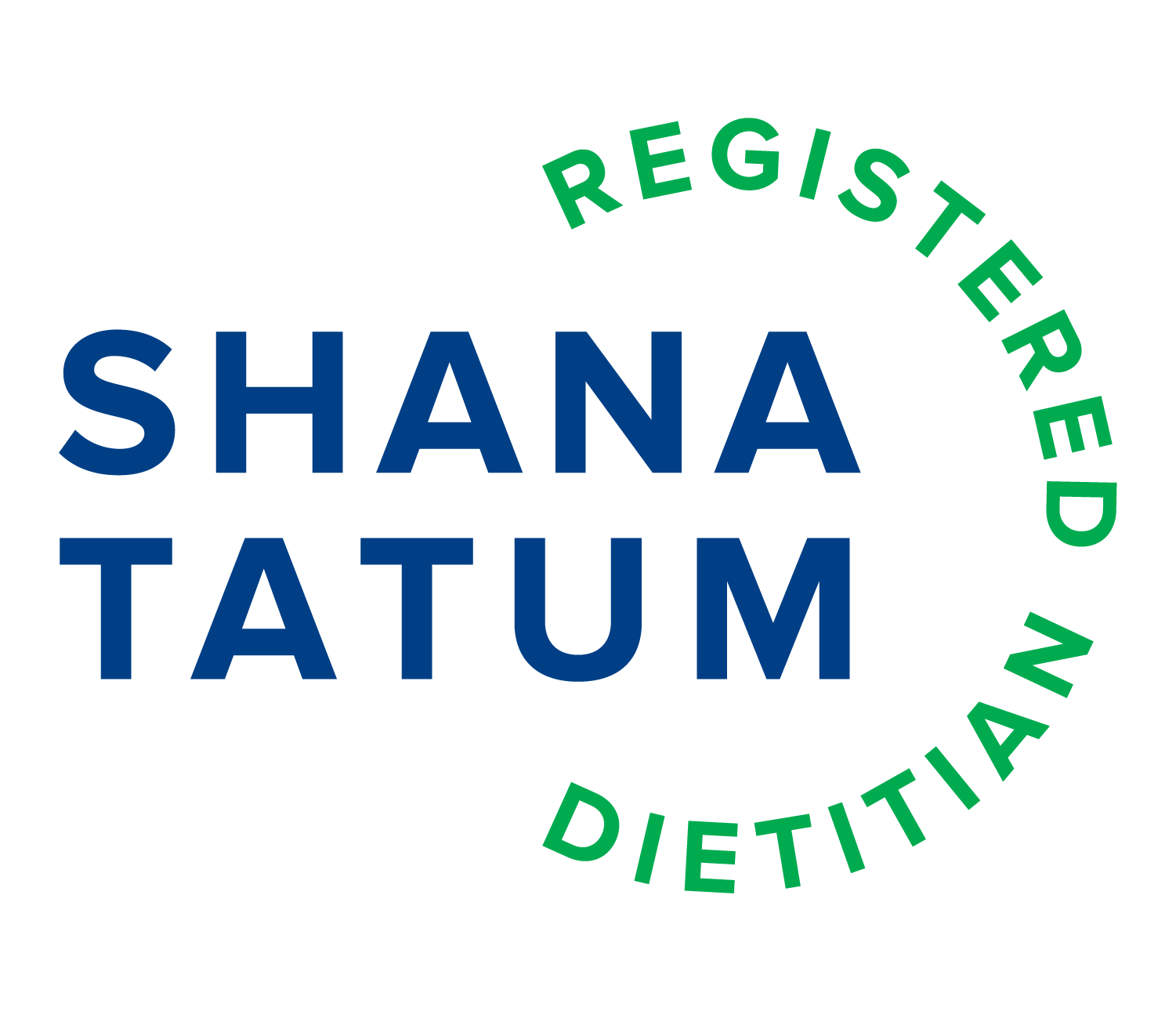How Cortisol is Related to Weight Gain
Image by Zerbor
We all know that feeling too stressed can lead to some physical manifestations, like a headache or an upset stomach. But did you know that cortisol can also cause weight gain? Here's how it works: when we're stressed, our bodies release cortisol. This hormone signals the body to stock up on energy in case of emergency by breaking down muscle and increasing fat storage. So if you're trying to lose weight and find yourself under a lot of stress, it may be Cortisol's fault! Luckily, there are some things you can do to help lower your stress levels and get your weight-loss goals back on track. Below we have gone over how Cortisol affects weight gain and what you can do about it.
What is cortisol and how does it affect the body?
Nutrition plays a critical role in the human body. One of the key nutritional components revolved around cortisol, a hormone that is released in response to stress, low blood-glucose levels, and physical exertion. Having too much cortisol circulating through your system interferes with your metabolism, leading to an increase in weight. Cortisol also works to store energy as fat and can decrease muscle tissue which further adds to slower metabolism. That's why it’s important to manage and regulate your cortisol levels in order to control any unexpected weight gain. Nutrition is essential when it comes to maintaining proper cortisol levels and ensuring good health.
How can cortisol levels become imbalanced and lead to weight gain?
Weight gain can be a frustrating side effect of cortisol levels that are out of balance. The hormone cortisol is responsible for managing many bodily functions, such as managing stress and regulating your metabolism. But when it's too high or low, it can cause weight gain and fatigue. An imbalanced cortisol level usually occurs due to chronic stress, so if you find yourself feeling overwhelmed and lack the energy to even do simple tasks, your cortisol levels may be the cause. Taking careful steps like focusing on getting enough rest and developing a healthy diet will help bring your cortisol back to its natural balance - meaning less frustration with weight gain!
What are some lifestyle factors that can contribute to high cortisol levels?
Our everyday lifestyles can have a significant effect on our cortisol levels and accordingly, our weight gain. Stressful life events like financial troubles and mental exhaustion due to overworking can cause an increase in cortisol production which eventually leads to increased fat storage in our body. Moreover, the consumption of unhealthy foods like processed products with lots of sodium and added sugars can boost the production of cortisol as well. Inadequate sleep, active smoking, excessive physical activity, a lack of relaxation techniques or activities such as yoga and meditation can all have negative effects on cortisol levels as well. With good lifestyle practices such as controlling stress levels, having balanced meals throughout the day, sleeping adequately every night and setting aside time for rest we can avoid a surge in cortisol finding balance in our biochemical systems.
How can you lower your cortisol levels and promote weight loss?
If your cortisol levels are too high, it can negatively affect your weight loss efforts. You may feel like no matter how hard you work, the weight just won’t come off. The good news is there are steps you can take to naturally reduce your cortisol levels and help promote weight loss. Start by getting more quality sleep – aim for 7-8 hours a night. Make sure to create healthy routines and habits that will reduce stress, like eating nutritious meals, going for daily walks in nature or practicing yoga or mindfulness for 15 minutes each day. Exercise regularly to keep hormones in check and make sure to give yourself regular breaks from the rush of life throughout the day – practice deep diaphragmatic breathing whenever possible and take some time for yourself. Making small changes to your lifestyle can have a huge impact on improving your weight loss program and curbing those pesky cortisol levels at the same time!
Are there any risks associated with lowering cortisol levels artificially ?
Knowing the consequences of high cortisol levels is essential for understanding why reducing them artificially might be tempting. Nowadays, we have access to quick solutions that can lower cortisol levels such as specific medications or supplements. However, before considering any type of intervention it's important to understand the associated risks. After all, reducing our cortisol levels could lead to upsetting hormone balance and numerous other health consequences, such as effects on metabolism or sensitive organ systems. So if you are wondering what type of implication this process has on your body and wellbeing then you should definitely do your research in order to make a more informed decision on whether using these interventions is right for you.
Conclusion
So, there you have it – everything you need to know about cortisol and how it can affect your weight. If you think you may be suffering from high cortisol levels, talk to your doctor or a registered dietitian to come up with a plan to lower them. And remember, even if cortisol isn’t the root cause of your weight gain, leading a healthier lifestyle will still help you lose weight and feel your best.

